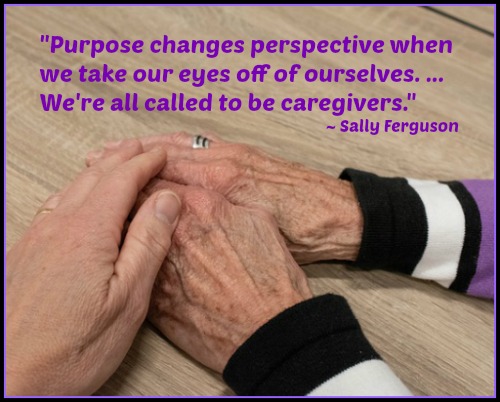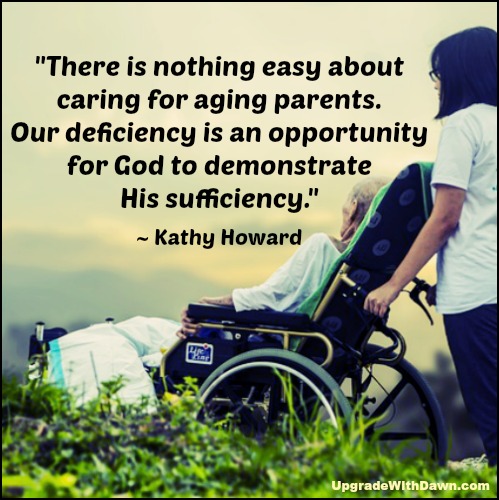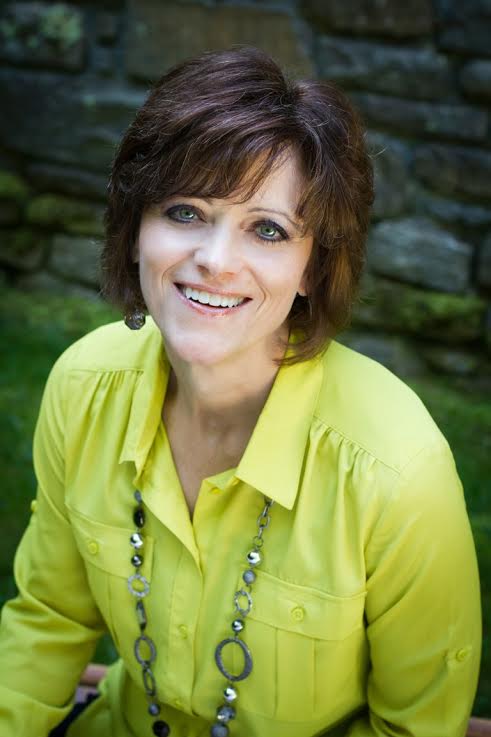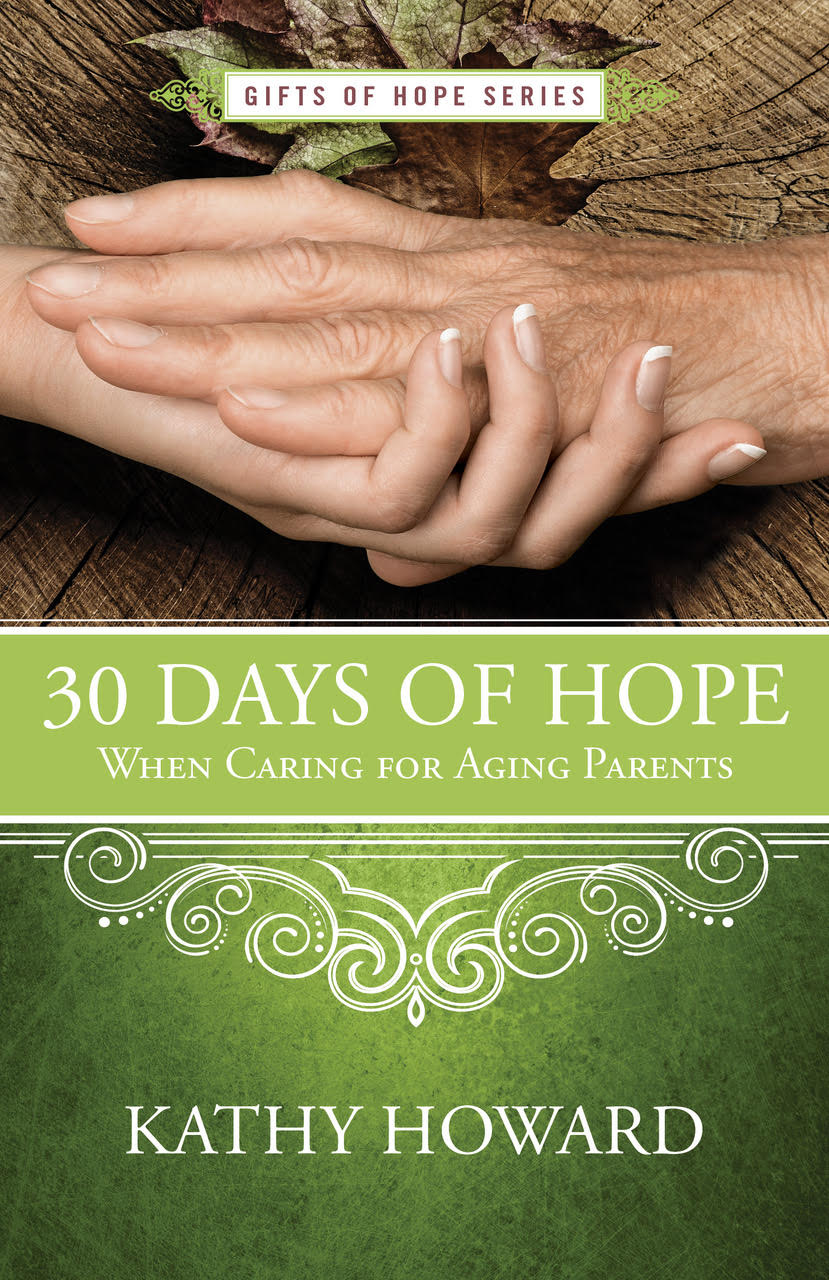Rx for Caregivers
Sally Ferguson always laces her writing with scripture truth. In this Caregiving UPGRADE, she helps us see how we can minister to caregivers who pour out their lives in service to others.
"Caregiving has come in multiple seasons for me," Sally said, "so it was an epiphany for me to realize the Good Samaritan was also a caregiver."
I (Dawn) had never thought of it that way. Sally is right. Also, the Lord told this story about the Good Samaritan some time after He sent out His followers to prepare the way for His arrival.
Jesus is the greatest Caregiver of all, and He wants us to follow His example of selfless service.
Sally continues…
Luke 10:30-35 tells the Good Samaritan’s story.
He acted as medic, transport and financier.
Parents can relate to this multitasker when we doctor up scrapes, become a taxi driver to endless sports and school activities, and provide for those events from the bank of Mom and Dad.
I’ve also been a caregiver when:
- My Mom-in-love had double knee replacement.
- I served as a Chemo Buddy through multiple friends' cancer treatments.
- My Dad came to live with us.
Doctor appointments, physical therapy sessions, drug store runs, and sleepless nights all take a toll on the caregiver.
We serve out of compassion, but Xochitl Dixon says in Waiting for God, “Compassion can become exhausting when we try to do God’s job.”
At some point, the caregiver has to administer self-care.
We have to refill our cups in the Lord’s presence, so that out of the overflow we can again refresh others.
He invites us in Matthew 11:28 to come to Him for rest.
Psalm 68:19, 1 Peter 5:7 and Psalm 55:22 invite us to cast our cares on the Lord.
This practice is more than a “one and done” prayer; it is the process of releasing our burdens to be carried by another.
This act of letting go can look different from one person to the next.
- Maybe worship music helps you?
- Maybe taking your charge for a ride in the car?
- Kneeling and stretching are postures of prayer, as are journaling, swimming, and doing dishes.
Find a way to gather your thoughts and hand them to the Lord.
What Would I like to Know as a Caregiver?
1. God cares.
In exhaustion, desperation and sorrow, it’s easy to think you’re alone in the battle. We start to entertain the “Why?” questions, and slide down the slippery slope of despair.
Years ago, my pastor said, “God knows and He cares” (Matthew 6:8). That assurance has given me strength to carry on through difficulty.
It reminds me I am not expected to do life in my own strength, and I have a heavenly Father who is invested in the details of my day-to-day experience.
2. Other people care.
Isolation is quite often the hallmark of a caregiver’s lifestyle. A mom with an infant yearns for adult conversation. Someone caring for a member of the family with dementia wishes for a day of recognition. A nurse is overwhelmed by suffering.
It’s hard to give and give without receiving care too.
Galatians 6:2 reminds us to share each other’s burdens.
Could you connect with a support group for your circumstance? From Alzheimer’s to MOPS (Mothers of Preschoolers) to zany viruses and everything in-between, there’s a support group to be found. Check online and in your community for reputable organizations.
A listening ear can lighten the load.
And, combat isolation by taking your charge for a walk, sitting on the patio in the sunshine, or going for an ice cream run. Look for something to celebrate, every day.
3. What I’m doing WILL make a difference.
Investing in a life is noteworthy, but often thankless.
The attention drawn to the sanctity of life is not only for the pre-born, but also affects how we treat our elderly and disabled. When we care for others, Jesus says we are showing Him how we care for Him (Matthew 25:34-40).
Whether you’re changing diapers and wiping drool for a 13 year old with special needs, or driving someone to chemo appointments, you need to know it matters.
You are needed, and no one can give the same level of care as you, because you are connected. You notice their smiles and celebrate their laughter. You administer grace in various forms.
Purpose changes perspective when we take our eyes off of ourselves.
Cain was wrong when he said, “Am I my brother’s keeper?” We’re ALL called to be caregivers (John 21:16; 1 Peter 5:2).
The way we live out that role is important: we show our love for Jesus—by caring for His people (John 21:15-17).
Do you know a caregiver who needs a friend? What can you do this week to lift that caregiver's load or model the love of Jesus?
Sally Ferguson is a caregiver for her dad and her grands. She lives in western New York with her hubby of 33 years. Look for her words at EzineArticles, AlmostAnAuthor, on Amazon and at sallyferguson.net. sallyferguson.net.
Graphic adapted, courtesy of Sabine Van Erp at Pixabay.
 1 Comment → Posted on
1 Comment → Posted on  Thursday, April 23, 2020 at 10:34AM
Thursday, April 23, 2020 at 10:34AM  Caregiver,
Caregiver,  Caregiving,
Caregiving,  Caregiving for Caregivers,
Caregiving for Caregivers,  Gift of Mercy,
Gift of Mercy,  Good Samaritan,
Good Samaritan,  Mercy Showing,
Mercy Showing,  Ministry of Caring,
Ministry of Caring,  Sally Ferguson,
Sally Ferguson,  Upgrade with Dawn Upgrade Your Life
Upgrade with Dawn Upgrade Your Life  Caregiving,
Caregiving,  Ministry
Ministry 






